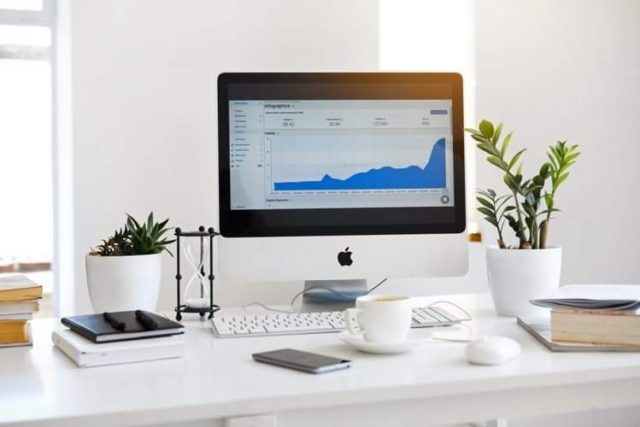As technology advances, businesses have more options in the software and systems they use in their companies. When it comes to accounting, several business owners confuse an ERP system with accounting software—so much so that the two terms are often used interchangeably.
While an ERP system and accounting software do have similarities, it is important to understand that they are separate entities with their unique features. Confusing the two can cause misunderstandings while talking with a systems provider and impede your search for reliable accounting software.
To help you have a better grasp of how they are different, this article can give you a quick look at the two programs, their functions, and how well they may suit your enterprise.
What is Accounting Software?
As the term implies, accounting software is a program designed to perform functions and processes related to accounting. It primarily comprises of recording financial data and business transactions, including but not limited to:
Overall, it deals with all of the finance-related components of a company. Several start-ups and small companies use accounting software to keep track of all their finances while using other programs and methods for other company operations. As the business grows and the number of transactions increases, however, companies begin looking for higher performing systems that can address their new needs.
What is an ERP Software?
ERP refers to Enterprise Resource Planning. An ERP software is a centralized system that allows you to consolidate the management and organization of different sectors of your business in a single platform. Its key feature lies in the easy input and access of information to and from various departments across your organization.
An ERP system comprises of a variety of modules, each with specific functions, such as:
ERP software is widely used in growing companies for its high-level performance and automated processes. Its integrated features help different sectors of the company effectively communicate and increase productivity, helping the organization reach its business goals.
How are ERP and Accounting Software Different?
As mentioned earlier, a lot of people interchange using the terms accounting software and ERP. While the two have overlapping features, it is more accurate to state that accounting is only a part of ERP. Thus, ERP can accomplish all the functions that accounting software can do and more, but the latter cannot do most of the operations that ERP can do.
To elaborate further, the following are the major differences between ERP and accounting software:
Focus
The focus of accounting software lies only in the financial aspect of a company. Anything that has something to do with money, such as purchases, transactions, revenues, expenses, and budgeting, are within the scope of accounting software. Anything beyond that, such as manufacturing or marketing, are designated to different programs.
On the other hand, the focus of ERP is not on one part of the business but the integration of company operations as a whole. Thus, it covers not only accounting, but also other aspects of the business as well.
Range of Functionality
Since ERP software is used in different kinds of company operations, it is no surprise that it offers more functions than accounting software. Some of the highlight features of ERP systems are barcode scanning, tracking technology, and notifications, to name a few.
Impact on Business
Due to its centralized design, ERP systems contain a wide assortment of information coming from different business sectors. Due to its access to all kinds of data, ERP has the ability to generate richer and more detailed financial documents that basic accounting packages cannot provide. One example is forecasting reports, which help you identify which products or services will be in demand based on previous sales history.
The integrated design and high-performing features that ERP offers is a significantly helpful tool for company management, including those in accounting. Without data-driven forecasts, decisions regarding budgets, salaries, and other expenditures will rely heavily on personal judgment and guesswork, which are more prone to errors and losses.
Which Software Should You Use?
With a better understanding of how ERP and accounting software differ, you may be wondering which program suits your company better. Your company might already be using accounting software that works well for you, or you may be considering implementing an ERP system while keeping your old accounting software.
Bear in mind that inevitably, as your company grows and your business expands, the need for an ERP system will not only be helpful, but also necessary to operate effectively. Getting the corresponding accounting module to an ERP system will help you ensure efficiency and maximize the software’s functions.





